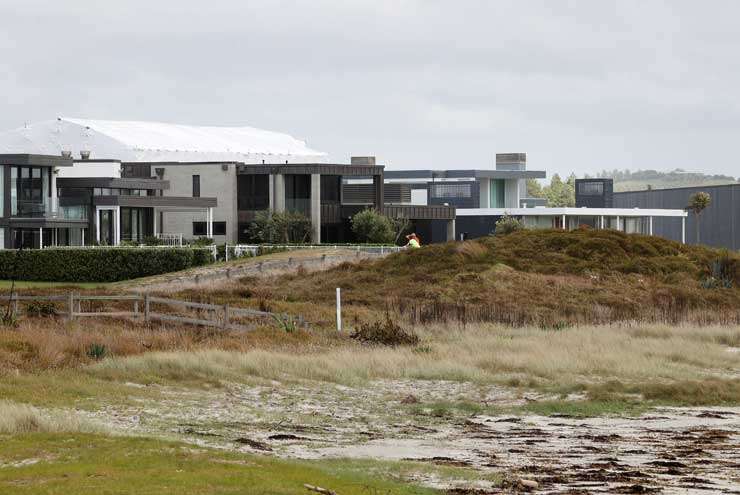Auckland Council has received 7100 objections to the new CVs it issued in March.
Complaints about the new capital values were evenly split between those who believed their CV was too low and those who believed it was too high.
The total number of objections represented just 1.2% of all CVs issued, a new low for CV objections in the city.
The objections were slightly down on the 1.68% of total CVs challenged in 2018.
Start your property search
However, the number of property owners disgruntled with their CV has been declining since 2011, when 2.23% of CVs were challenged.
Auckland Council issues new CVs for every property in the Greater Auckland region every three years, and the latest round of CVs had been due for release at the end of 2020.
But delays due to Covid pushed the valuation date to June 2021 while a last-minute audit of the valuation process meant Auckland homeowners didn’t get their new CVs until March this year.
The four-year time-lag between the valuations saw Auckland's average CV rise $338,000 - or 32% - to $1.41 million. Some locations, including Omaha to the north of the city and Otara in South Auckland, saw their average CV jump more than 50%.
Homeowners had until April 22 to lodge objections. Auckland Council valuations manager Chloe Woollard said of the 7100 it received, 3913 were complaints about the CV being too low and 3178 were complaints about it being too high.

Omaha, in Auckland’s Rodney region, saw its average CV jump 58%. Photo / Fiona Goodall
Among those were 130 property owners who agreed with their overall CV, but disagreed with the values the council had assigned to their land and improvements.
Woollard said there also seemed to be some confusion around what the improvement value part of the CV meant.
She said the improvement value was the difference between the total CV and land value and was not a reflection of the cost to build or replace anyone’s actual house. “As a result of the value of land significantly increasing, the improvement value has decreased in a number of areas,” she said.
Objections are considered to be an important part of the revaluation process because some changes meant the estimates would not always be right and this could impact the amount in rates owed.
Auckland Council said it was reviewing the objections it had received, including several objections received after the submissions deadline.
Woollard did not know how long it would take for the objections to be cleared as the valuers went through locations systematically.

Valocity head of valuations James Wilson: “People like seeing their CV go up.” Photo / Fiona Goodall
Most objections would not be settled in time for when the new rates were introduced on July 1, but Auckland Council would adjust it if the valuation changed, she said.
James Wilson, head of valuations at OneRoof’s data partner, Valocity, said the relatively low number of objections could be due to property prices increasing significantly in the past four years.
"For the most part, people like seeing their CV go up. Yes, of course, there's a chain of thought that lower values pay less rates, but a lot of people have worked out that it doesn't mean too much and the rates impact is pretty small,” he said.
"Overall if the value is going up on paper, most people are pretty happy with that."
The relatively even split between objections over the values either being too high or low was a reassuring sign the process hadn't been "entirely over or undercooked", he said.
"You would probably want to see that split even as opposed to skewed one way. You'd probably want to see a good mix across the region as opposed to all-in-one location which would potentially indicate something wasn't quite right in a certain location."
The relatively low number of objections could also be the result of more people accepting that CVs were just a tool for rating purposes and that they had many other options available to help them work out a property's worth, Wilson said.


















































































